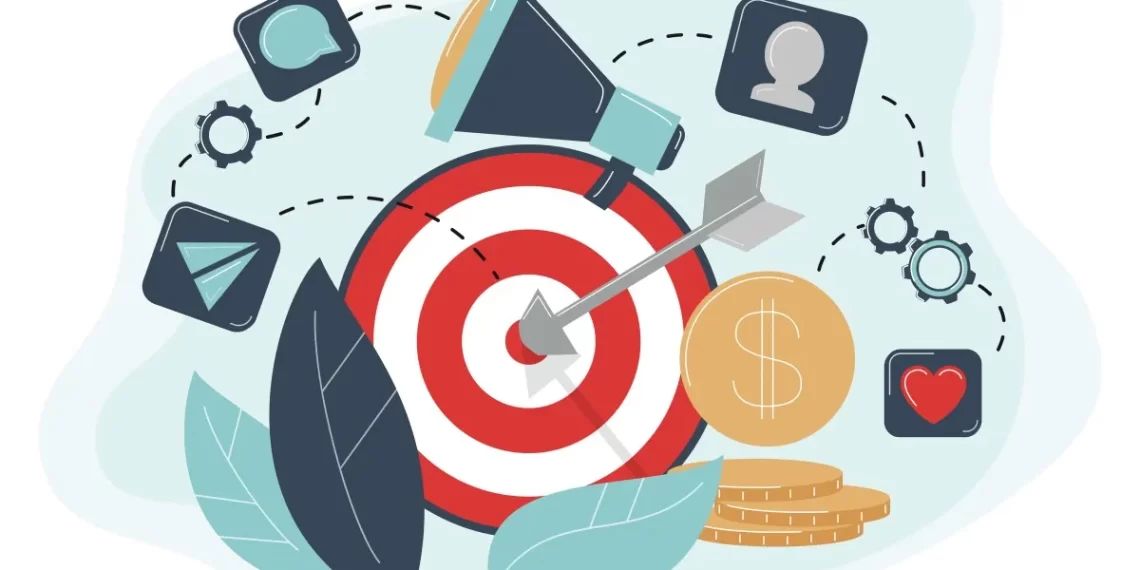In today’s hyper-connected world, where countless businesses vie for our attention, effective marketing has become more crucial than ever. It’s the bridge that connects a company’s offerings with the needs and desires of its target audience. But why exactly is marketing so important? Let’s delve into the multifaceted role it plays in today’s business landscape.
1. Building Brand Awareness and Recognition
Imagine a fantastic product with no one knowing it exists. That’s the harsh reality for businesses without a solid marketing strategy. Marketing creates brand awareness by getting your company’s name, logo, and message in front of your target audience. This can be achieved through various channels – social media campaigns, captivating content, eye-catching advertisements, or strategic sponsorships. As brand awareness grows, so does recognition. People start associating your brand with specific qualities and values, building a foundation for trust and loyalty.
2. Understanding Your Audience and Tailoring Your Message
Marketing isn’t a one-size-fits-all approach. Effective marketing thrives on understanding your target audience – their demographics, interests, pain points, and preferred communication channels. Through market research, surveys, and social media analytics, businesses can gather valuable insights into their ideal customers. This allows them to tailor their messaging to resonate deeply with the audience, increasing the chances of engagement and conversion.
3. Creating a Compelling Value Proposition
In a crowded marketplace, simply having a product or service isn’t enough. You need to clearly communicate its value proposition – why should someone choose you over the competition? Marketing helps craft a compelling message that highlights the unique benefits your offering provides and how it solves the audience’s problems. This could involve showcasing product features, sharing customer testimonials, or emphasizing the brand’s commitment to sustainability or social responsibility.
4. Driving Customer Acquisition and Retention
Marketing isn’t just about creating awareness; it’s about driving sales and fostering long-term customer relationships. Through targeted marketing campaigns, businesses can generate leads, nurture them through the sales funnel, and ultimately convert them into paying customers. But marketing goes beyond just acquisition. Effective strategies also focus on customer retention. By providing valuable content, loyalty programs, and exceptional customer service, businesses can keep their existing customers engaged and encourage repeat purchases.
5. Building Brand Advocacy and Loyalty
Marketing isn’t just about talking at your audience; it’s about creating conversations and fostering brand loyalty. Social media platforms and online communities provide excellent avenues for interactive marketing. Engaging with customers, responding to comments, and addressing concerns all contribute to building brand advocacy. When customers feel valued and heard, they’re more likely to become loyal brand ambassadors, promoting your business organically through positive word-of-mouth.
6. Adapting to the Evolving Digital Landscape
The marketing landscape is constantly evolving, with the rise of new technologies and consumer behavior trends. Effective marketing requires staying ahead of the curve. Businesses need to be adaptable, embracing new marketing channels like influencer marketing, content marketing, and search engine optimization (SEO). They also need to be data-driven, analyzing campaign performance and customer interactions to refine their strategies for maximum impact.
7. Measuring Marketing Success and ROI
Marketing isn’t just about creativity; it’s about achieving measurable results. Today’s marketing tools provide businesses with a wealth of data to track campaign performance. Marketers can analyze website traffic, social media engagement, conversion rates, and customer lifetime value to determine the return on investment (ROI) of their marketing efforts. This data-driven approach allows businesses to optimize their campaigns, allocate resources effectively, and maximize their marketing budget.
In Conclusion
Marketing is the lifeblood of any successful business in today’s competitive environment. It’s the art and science of connecting with your target audience, building brand loyalty, and driving sustainable growth. By understanding the importance of marketing and implementing effective strategies, businesses can navigate the ever-evolving landscape, build lasting customer relationships, and achieve their long-term goals.

